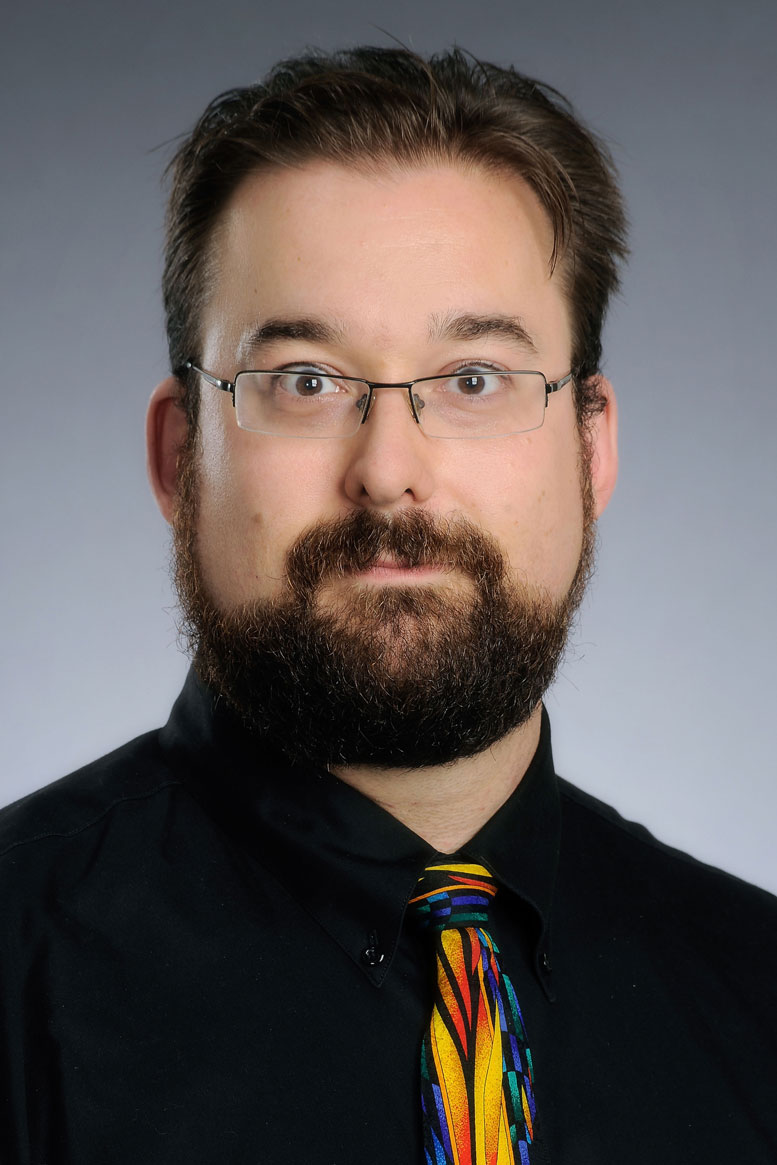Ready to learn more?
Get all the details straight to your inbox!

To enrol as a Luther College student, simply fill out the University of Regina application form and select Luther as your campus of choice.

You can book a tour of Luther College, the U of R campus, and our student residence, The Student Village at Luther College, any time throughout the year. Contact our Recruitment Office at 1-306-206-2117.

Luther College is a great choice for high school to university transition. Enjoy all the benefits of a larger campus, without feeling lost in the crowd. Our community is full of caring mentors and peers to ensure a positive student experience.

The priority deadline for academic application is March 15. To book a personalized enrolment counselling appointment, contact our Recruitment Office at 1-306-206-2117.

Our student residence, The Student Village at Luther College, welcomes residents from ALL post-secondary institutions in Regina. Rooms come with a meal plan, free laundry, free wi-fi, and a great sense of community.

Every degree program at Luther College offers a study abroad option and an optional experiential learning component where you gain real world experience and get paid while going to school!

Free enrolment counselling support and invaluable one-on-one academic advising are available for all programs at Luther College.

Smaller class sizes at Luther College means more individualized attention and better connections with your professors, classmates, and academic advisors.
Get all the details straight to your inbox!

Dr. Hackney has been a regular Sessional Instructor at Luther College since 2011, after moving to Saskatchewan from Ontario. Dr. Hackney grew up in Alaska, earned his PhD in Social/Personality Psychology from the University at Albany SUNY, and has lived in Canada since 2003. His research interests include positive psychology, the psychology of religion, experimental existential psychology, the integration of psychology and Christianity, and the psychology of the martial arts. In addition to his work at Luther College, Dr. Hackney is Chair of the Psychology Department at Briercrest College and Seminary, is an instructor at the Moose Jaw Koseikan Judo Club, and is the author of the book Martial Virtues.
PSYC 102 (Introductory Psychology B)
PSYC 210 (Lifespan Development)
PSYC 230 (Perspectives on Personality)
PSYC 388 (Positive Psychology)
Pennington, J. T., & Hackney, C. H. (2017). Resourcing a Christian positive psychology from the Sermon on the Mount.
Journal of Positive Psychology, 12, 427-435.
Hackney, C. H. (2015). “Silk ribbons tied around a sword”: Knighthood and the chivalric virtues in Westeros. In J. Battis
& S. Johnston (Eds.), Mastering the game of thrones: Essays on George R. R. Martin's a song of ice and fire (pp. 132-149). Jefferson, N.C.: McFarland & Company.
Hackney, C. H. (2014) Imperfectible: Why positive psychology needs original sin. Christian Psychology, 8, 5-14.
Hackney, C. H. (2014) Imperfectible: Reply to commentaries. Christian Psychology, 8, 33-37.
Hackney, C. H. (2013). Traditional martial arts as pathways to flourishing. In J. Sinott (Ed.), Positive psychology: Advances
in understanding adult motivation (pp. 145-158). New York: Springer Publishing.
Hackney, C. H. (2011). The effect of mortality salience on the evaluation of humorous material. Journal of Social
Psychology, 151, 51-62. doi: 10.1080/00224540903366735
Murphy, N., & Hackney, C. H. (2011). An interview with Nancey Murphy: Constructing an Anabaptist vision of ideal
psychological functioning. Edification: The Transdisciplinary Journal of Christian Psychology, 4, 73-78.
Hackney, C. H. (2010). Martial virtues. North Clarendon, VT: Charles E. Tuttle Publications.
Hackney, C. H. (2010). Sanctification as a source of theological guidance in the construction of a Christian positive
psychology. Journal of Psychology and Christianity, 29, 195-207.
Hackney, C. H. (2010). Religion and mental health: What do you mean when you say “religion?” What do you mean
when you say “mental health?” In P. Verhagen, H. van Praag, J. Lopez-Ibor, J. Cox, & D. Moussaoui (Eds.), Religion and
psychiatry: Beyond boundaries (pp. 343-360). London, UK: John Wiley & Sons, Ltd.
Hackney, C. H. (2010). Positive psychology and Vanhoozer’s theodramatic model of flourishing. Edification: The
Transdisciplinary Journal of Christian Psychology, 4, 24-27.